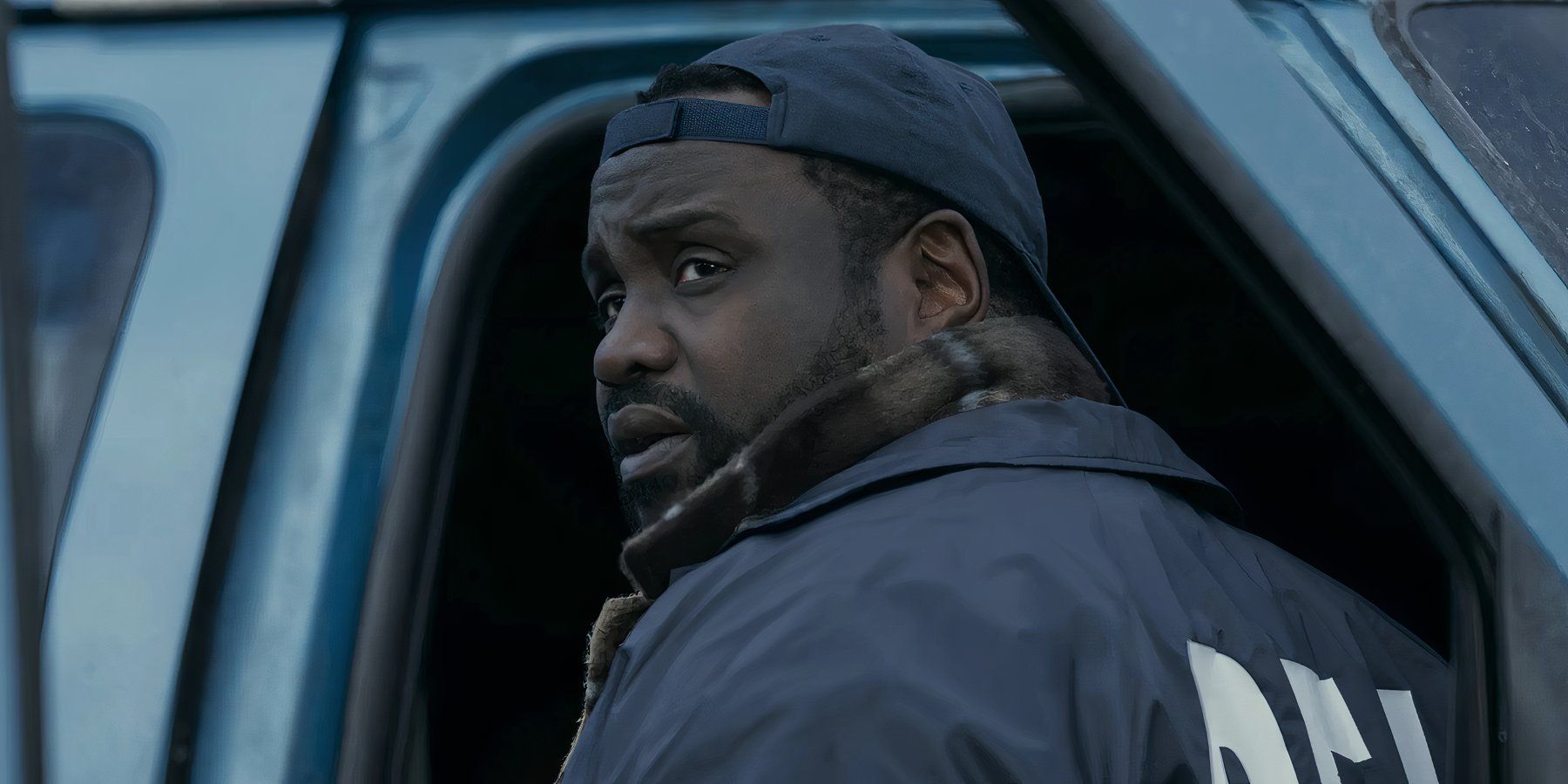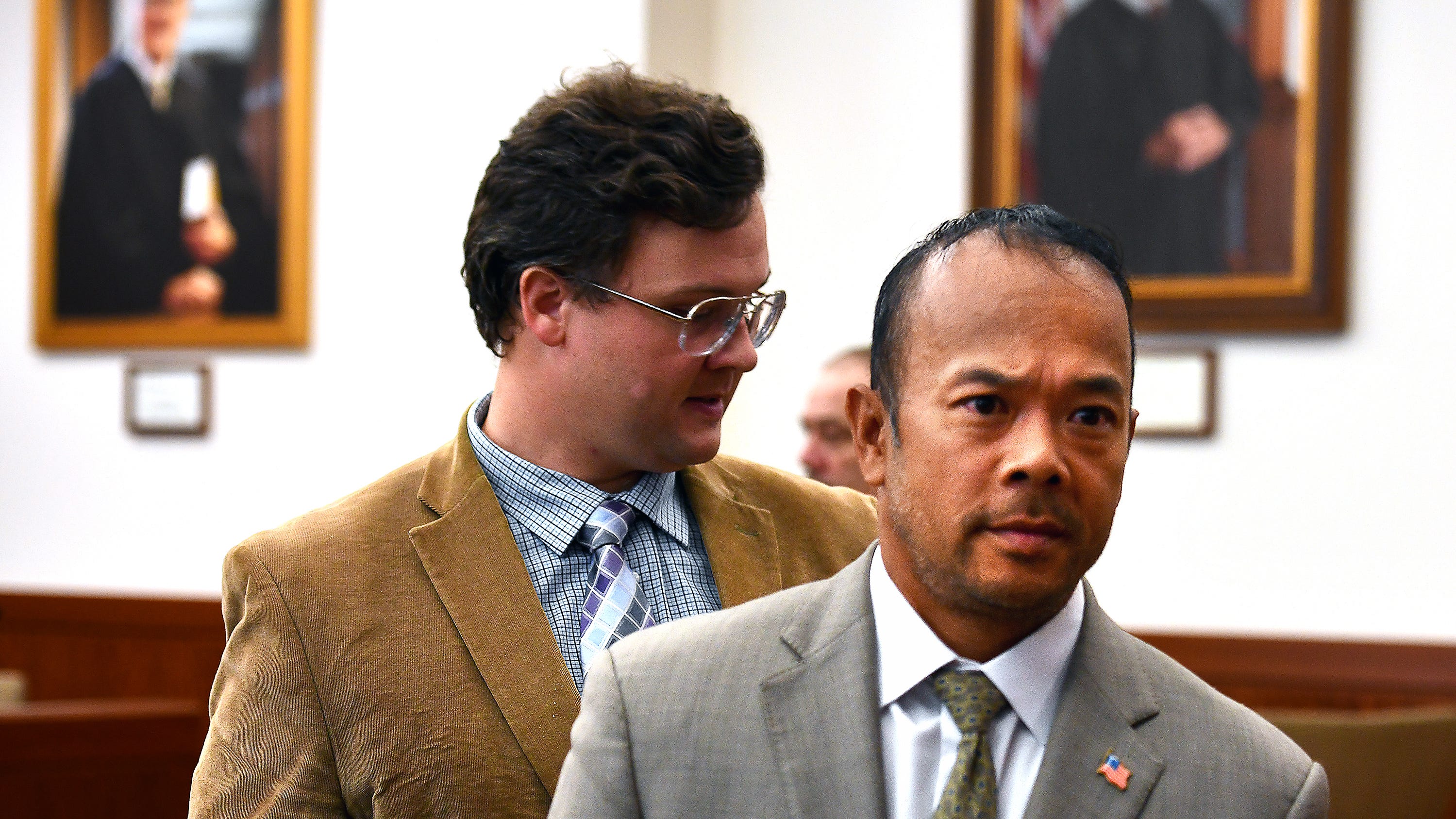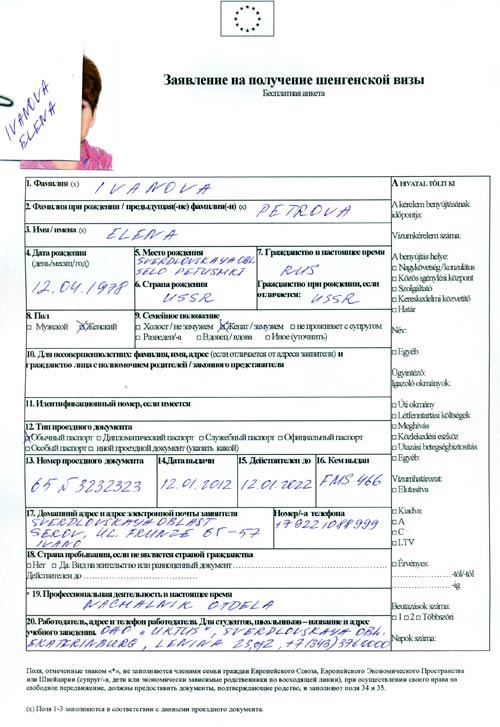Wrongful Death Litigation: Addressing Persistent Public Misunderstandings

Table of Contents
Understanding the Grounds for a Wrongful Death Claim
A wrongful death claim is a civil lawsuit filed when someone's death is caused by another party's negligence, recklessness, or intentional wrongdoing. To successfully pursue a wrongful death claim, several key elements must be proven:
- Negligence: The defendant owed a duty of care to the deceased. This means they had a legal responsibility to act in a way that prevents harm.
- Causation: The defendant's negligence directly caused the death of the deceased. This requires demonstrating a clear link between the defendant's actions and the fatal outcome.
- Damages: The plaintiff (usually the deceased's family) suffered financial and emotional losses as a result of the death.
Examples of situations that often lead to wrongful death claims include:
- Car accidents: A driver's negligence causing a fatal collision.
- Medical malpractice: A doctor's error resulting in a patient's death.
- Workplace accidents: Unsafe working conditions leading to a fatal injury.
- Product liability: A defective product causing a fatal injury.
Different levels of negligence can be involved, including gross negligence (a conscious disregard for the safety of others) and recklessness (acting without regard for the foreseeable consequences). It is crucial to understand that a wrongful death lawsuit is a civil matter, separate and distinct from any criminal charges that might be filed against the responsible party.
Who Can File a Wrongful Death Lawsuit?
The ability to file a wrongful death lawsuit is determined by the laws of the specific state where the death occurred. Generally, "wrongful death beneficiaries," those who suffered losses due to the death, are eligible to file. This typically includes:
- Spouse: The surviving spouse is usually the primary beneficiary.
- Children: Minor and adult children can file a claim.
- Parents: If the deceased was unmarried and without children, parents may be eligible.
However, the specifics vary significantly from state to state. Some states have strict limitations on who can claim, while others are more inclusive. The order of precedence, the share of the compensation, and the time limits for filing a claim differ depending on the jurisdiction.
Examples of beneficiary rights in varying scenarios include:
- A surviving spouse may claim for loss of support and companionship.
- Children may claim for loss of parental support and guidance.
- Parents may claim for loss of a child's companionship and future support.
In many cases, an executor or administrator of the deceased's estate will be responsible for filing the lawsuit on behalf of the beneficiaries.
Common Misconceptions about Wrongful Death Litigation
Navigating the legal system after a wrongful death can be incredibly challenging. Several common misconceptions often complicate the process for grieving families:
Myth 1: It's Easy to Win a Wrongful Death Case
Winning a wrongful death case requires substantial evidence proving negligence, causation, and damages. The burden of proof rests heavily on the plaintiff, and a thorough investigation, expert testimony, and strong legal representation are crucial. It's not a simple matter; it’s a complex legal battle.
Myth 2: The Amount of Damages is Always High
Damages in a wrongful death case are determined by various factors, including economic losses (lost wages, funeral expenses, medical bills), pain and suffering of the deceased before death (in some jurisdictions), and loss of companionship and support for surviving family members. While some cases result in significant awards, the actual amount varies widely based on the specific circumstances of the case and the jurisdiction’s laws.
Myth 3: Insurance Always Covers All Damages
Insurance policies have limits, and they may not cover all the damages suffered by the family. Furthermore, some responsible parties may not even have adequate insurance coverage. Gaps in compensation can leave families facing significant financial burdens.
Myth 4: The Process is Quick and Simple
Wrongful death litigation is often lengthy and complex. It involves extensive investigation, evidence gathering, discovery (the process of exchanging information between parties), and often, a trial. This can take months or even years to resolve.
Common misunderstandings heard from the public include:
- Believing that simply proving negligence is enough to win.
- Overestimating the amount of insurance coverage.
- Underestimating the time and effort involved in the legal process.
- Believing that settlements are always readily available.
The Importance of Legal Representation in Wrongful Death Cases
Navigating the complexities of wrongful death litigation requires the expertise of a qualified wrongful death attorney. An experienced lawyer can:
- Conduct a thorough investigation to gather evidence.
- Provide legal counsel and guidance throughout the process.
- Negotiate with insurance companies to secure a fair settlement.
- Represent the family in court if a settlement cannot be reached.
Services provided by a wrongful death lawyer include:
- Assessing the strength of the case.
- Gathering and analyzing evidence.
- Negotiating with insurance companies.
- Filing the lawsuit and representing the family in court.
- Calculating and claiming damages.
Choosing a qualified and experienced attorney is crucial to maximizing your chances of a successful outcome and obtaining fair compensation for your loss.
Conclusion
Wrongful death litigation presents significant legal and emotional challenges. Understanding the complexities of proving negligence, determining eligible beneficiaries, and navigating the legal process is essential. Common misconceptions about the ease of winning, the amount of damages, insurance coverage, and the speed of the process can lead to unrealistic expectations and hinder the pursuit of justice. Seeking qualified legal counsel is paramount to protecting your rights and securing fair compensation for your loss. If you are facing the devastating loss of a loved one due to negligence, don't navigate the complex world of wrongful death litigation alone. Contact an experienced wrongful death attorney today for a consultation. Remember, seeking early legal advice regarding your wrongful death claim is critical to protect your interests. Don't delay; your rights and your future depend on it.

Featured Posts
-
 Significant Events Of April 23 2025 During The Trump Presidency
Apr 25, 2025
Significant Events Of April 23 2025 During The Trump Presidency
Apr 25, 2025 -
 Marvel Fans Rejoice Ultimate Spider Man 4 Casting Duo Announced
Apr 25, 2025
Marvel Fans Rejoice Ultimate Spider Man 4 Casting Duo Announced
Apr 25, 2025 -
 Last Chance To See Jack O Connells Powerful Drama On Amazon Prime
Apr 25, 2025
Last Chance To See Jack O Connells Powerful Drama On Amazon Prime
Apr 25, 2025 -
 Dope Thief Trailer Brian Tyree Henry And Wagner Moura Impersonate Dea Agents
Apr 25, 2025
Dope Thief Trailer Brian Tyree Henry And Wagner Moura Impersonate Dea Agents
Apr 25, 2025 -
 Pandemic Fraud Lab Owner Convicted For Falsified Covid Test Results
Apr 25, 2025
Pandemic Fraud Lab Owner Convicted For Falsified Covid Test Results
Apr 25, 2025
Latest Posts
-
 Politicheskaya Izolyatsiya Zelenskogo Analiz Sobytiy 9 Maya
May 10, 2025
Politicheskaya Izolyatsiya Zelenskogo Analiz Sobytiy 9 Maya
May 10, 2025 -
 First Up Imf To Review Pakistans 1 3 Billion Loan Package And Other Top News
May 10, 2025
First Up Imf To Review Pakistans 1 3 Billion Loan Package And Other Top News
May 10, 2025 -
 Germaniya Ugroza Novogo Potoka Bezhentsev Iz Ukrainy Rol S Sh A
May 10, 2025
Germaniya Ugroza Novogo Potoka Bezhentsev Iz Ukrainy Rol S Sh A
May 10, 2025 -
 Den Pobedy Vladimir Zelenskiy Bez Podderzhki Soyuznikov
May 10, 2025
Den Pobedy Vladimir Zelenskiy Bez Podderzhki Soyuznikov
May 10, 2025 -
 Pakistan Economic Crisis Imfs 1 3 Billion Package Under Review
May 10, 2025
Pakistan Economic Crisis Imfs 1 3 Billion Package Under Review
May 10, 2025
